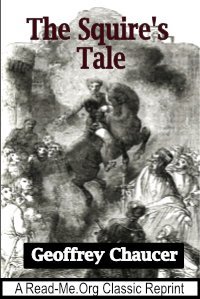By Gaston Leroux..
The Phantom of the Opera is the most famous novel by Gaston Leroux. It is believed to be based in George du Maurier's Trilby. The novel is partly inspired by historical events at the Paris Opera during the nineteenth century and an apocryphal tale concerning the use of a former ballet pupil's skeleton in Carl Maria von Weber's 1841 production of Der Freischütz. It has been successfully adapted into various stage and film adaptations, most notable of which are the 1925 film depiction featuring Lon Chaney, and Andrew Lloyd Webber's 1986 musical — Wikipedia.
NY. Harrow and Heston Classic Reprint. (1911) 270 pages.





